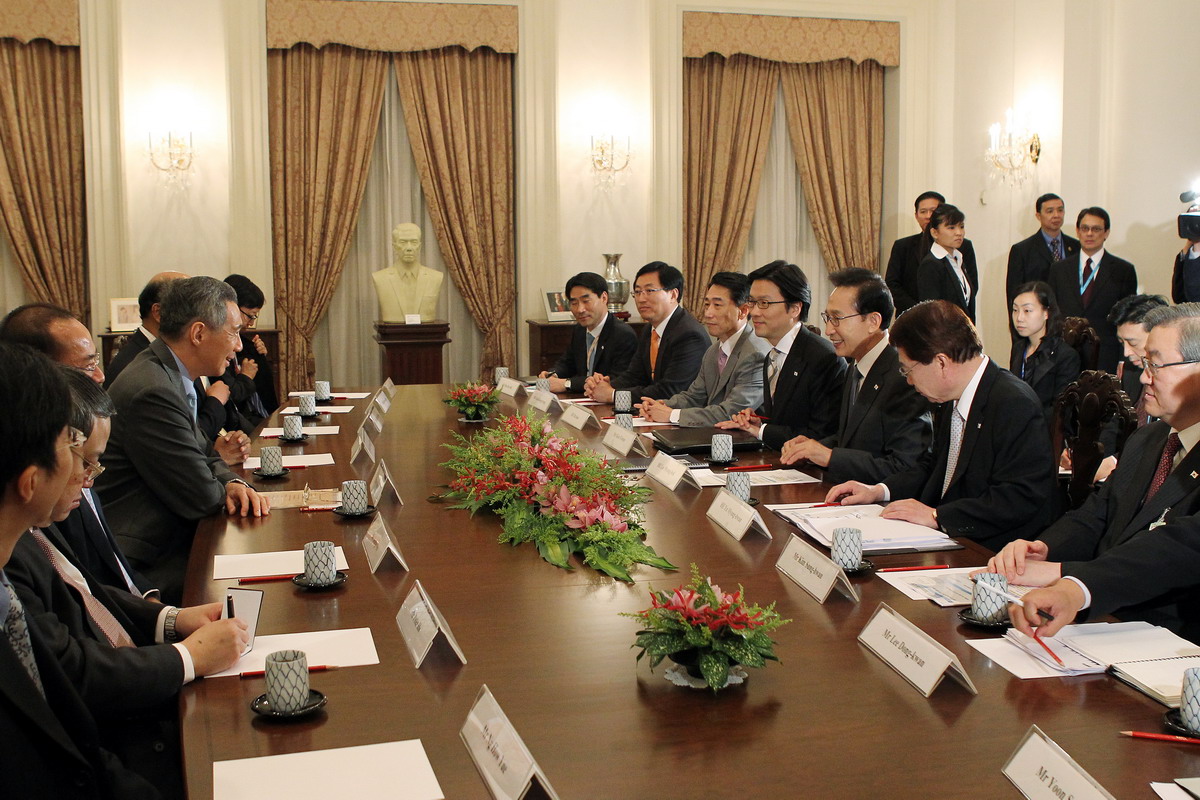Photo credit: Republic of Korea via flickr
Context:
In the wake of the Kim/Trump Singapore summit, there are important lessons they can learn from past summits: the need to establish common policy ground, manage their respective domestic politics, and forge trusting and respectful personal relationships.
In the News:
“Leaders today can draw similar lessons from U.S.-Russian diplomacy in the 1980s. The 1987 Intermediate-Range Nuclear Forces Treaty involved compromises on both sides and ended up mandating the deepest nuclear weapons cuts ever.”
“The Reagan-Gorbachev personal relationship had a warmth that got them through many disagreements…Reagan spoke to ‘something very close to a friendship…there was a chemistry that kept our conversations on a man-to-man basis, without hate or hostility’…They established common ground by recognizing that ‘differences are not insurmountable obstacles to progress in areas of mutual interest.’”
Insight from Peace Science
- During mediation, perspective-taking techniques do not necessarily lead to more positive attitudes towards the broader ‘out-group’.
- People may be unlikely to generalize improved attitudes towards one individual to the broader group to which s/he belongs. Instead, it might be easy to pass off an interpersonal connection that defies one’s broader stereotypes of a particular ‘out-group’ as due to the distinction or difference of this particular ‘other’—precluding the need to dismantle these negative stereotypes.
References
- “Some Summits Soar, Some Plunge” by Bruce Jentleson for Foreign Policy. June 11, 2018.
- Peace Science Digest, Volume 2, Issue 1: “Mediation Techniques for Intergroup Conflicts“

